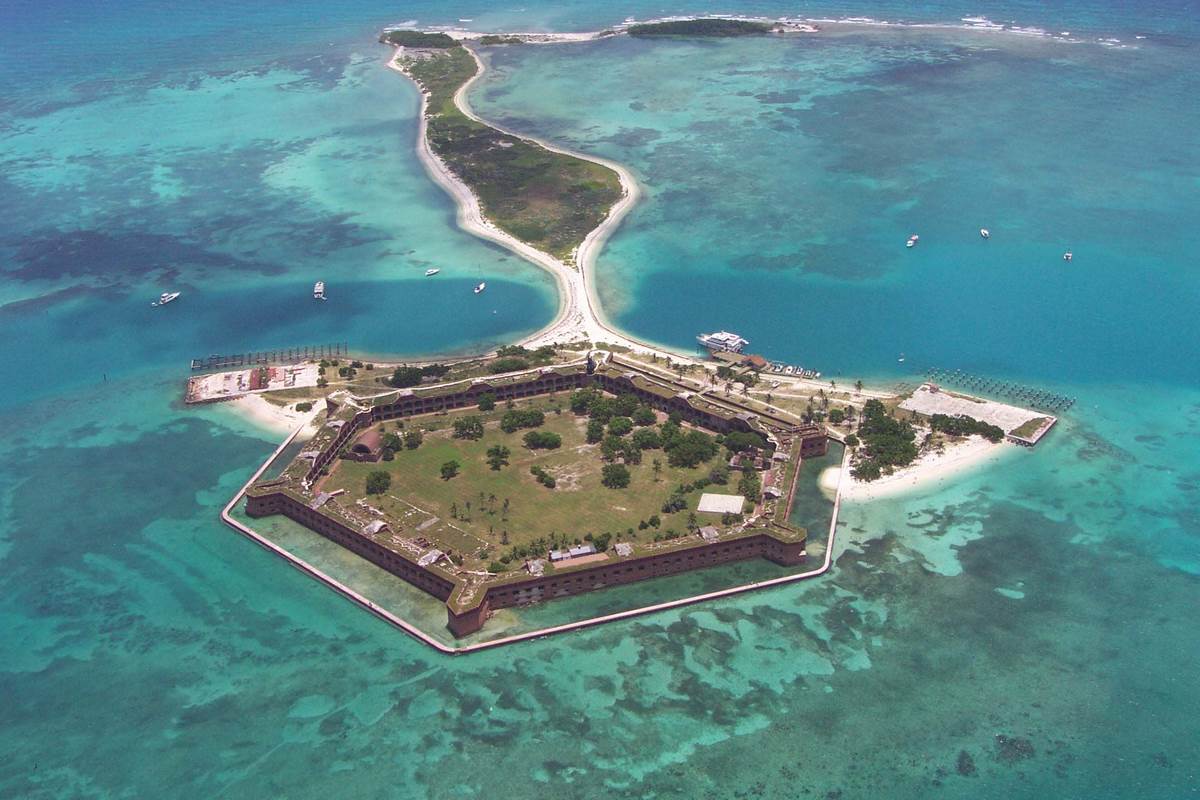Last year, America’s national parks received overflowing record crowds during the summer months. Places like Grand Canyon, Yosemite, Grand Tetons, Yellowstone, Shenandoah, Sequoia, and Great Smokey Mountains were standing room only in some places.
But as glorious as these temples to nature’s splendor are, there are 63 (pending 64) national parks in the country, some of which receive barely fifty-thousand visitors a year.
In time for planning a summer holiday, it’s worth checking some of these spectacular landscapes out, beating the heat and the crowds while enjoying the peace and tranquility of nature, rather than suffering full campgrounds and park-road traffic jams.
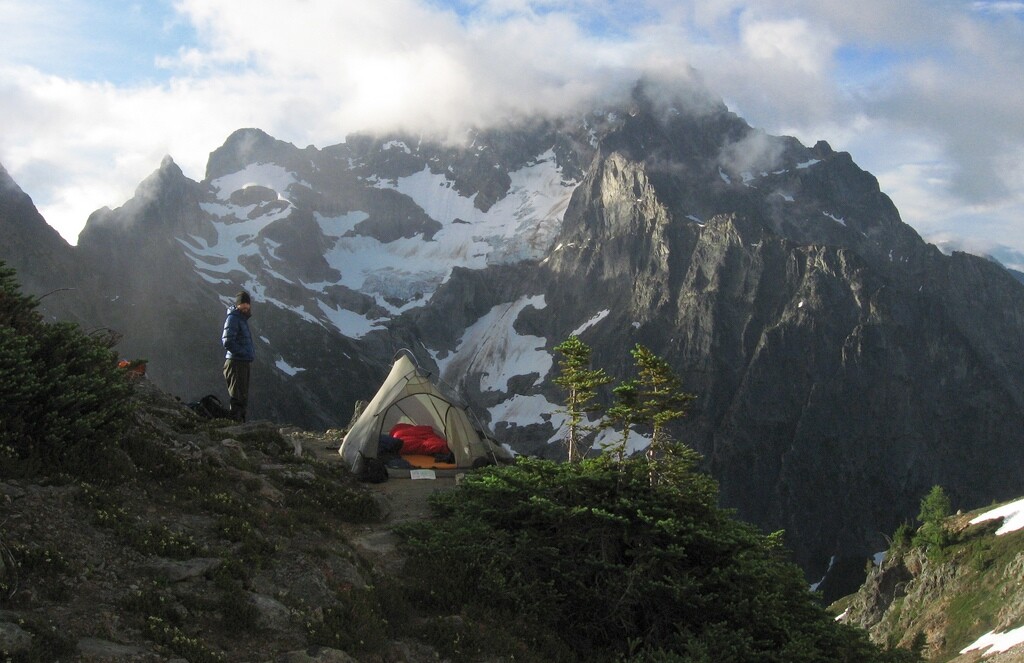
For hiking: North Cascades: Washington
Sometimes called the “American Alps” the North Cascades range has over 400 miles of trails, offering exceptional hiking opportunities year-round for kids and the elderly as well as the most adventurous. The park ensconces one of the world’s largest stretches of temperate rainforest in the world, a rare ecosystem that has the humidity of a jungle, but the tree cover of a temperate woodland.
Over 300 glaciers crown the young mouintain range, and it’s one of only two places in the Lower 48 states where grizzly bears can be seen.
“North Cascades remains well off the radar: Just over 30,000 people visited last year, a mere 2 percent of the traffic of its southern neighbor, Mount Rainier,” reports Nat Geo.
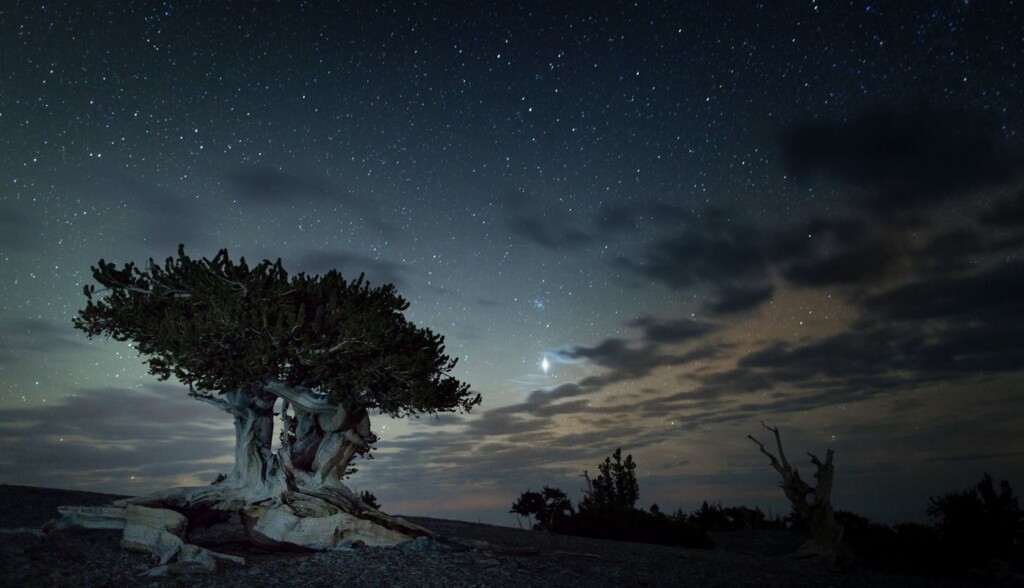
For stargazing: Great Basin: Nevada
Set in an extremely dynamic landscape ranging from the baseline 5,000 feet asl typical of the Colorado Plateau to mountains as high as 13,000 feet, Great Basin has perhaps the most favorable ratio of dark skies to lack of visitors.
On a clear, moonless night in Great Basin National Park, thousands of stars, numerous planets, star clusters, meteors, man-made satellites, the Andromeda Galaxy, and the Milky Way can be seen with the naked eye. The area boasts some of the darkest night skies left in the United States. Low humidity and minimal light pollution, combined with high elevation, create a unique window to the universe.
Park rangers organize regular astronomy talks and stargazing courses. There is also a special solar telescope that allows visitors to gaze with extreme magnification, but also safety, at the sun.
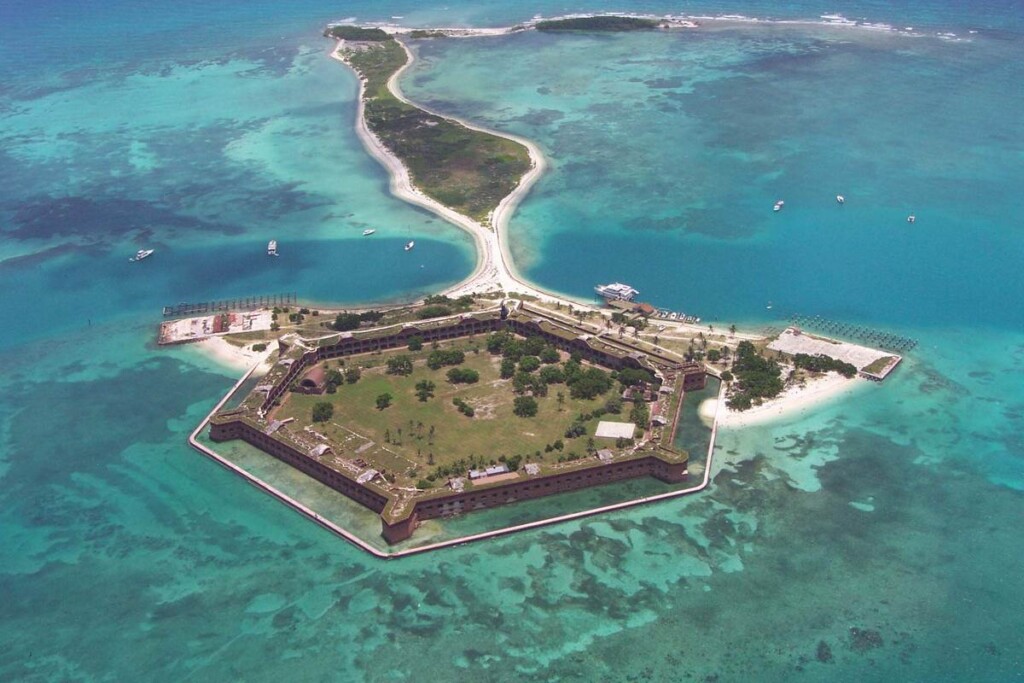
For the beach: Dry Tortugas: Florida
100 square miles of natural and historic gems located about 70 miles out from Key West, Florida, this collection of islands sits within the Florida Keys reef system, the third largest in the world, and plays host to Fort Jefferson, the largest masonry military installation in the Western Hemisphere during the 19th century.
But less than 1 square mile of this park is dry land, so the best way to enjoy it is to get in the water, either via the beautiful beige beaches, or various boats that take visitors to shipwrecks to be seen while snorkeling or diving.
One such vessel is the Avanti. Built in 1875, the three-masted, iron-hulled, sailing ship wrecked on Loggerhead Reef in 1901 on its way to Montevideo with a cargo of lumber.
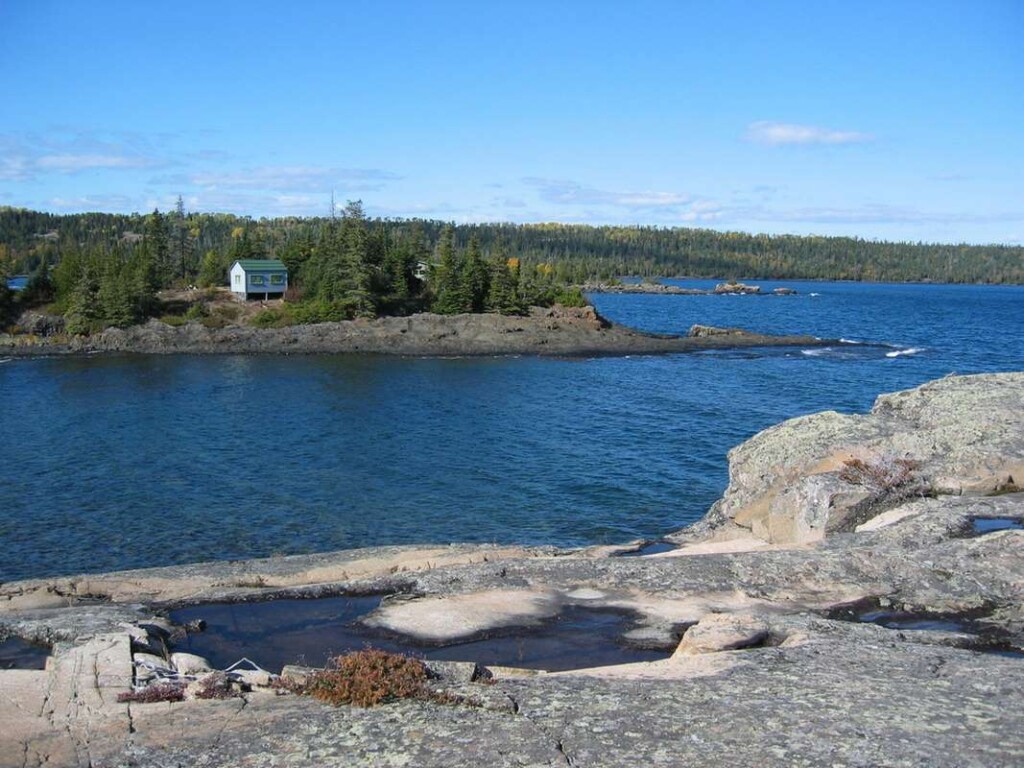
For freshwater: Voyageurs/Isle Royale: Minnesota/Michigan
Neither of the middle-north national parks receives many visitors, and they rank among the bottom-fourth of visited parks. But in summer they offer an excellent way to connect with the great outdoors, whether that’s catching glimpses of moose or black bears traipsing through wildflower meadows, or landing some perch in the many lakes that make up these two ecosystems.
In the case of Isle Royale, it’s actually just one lake—Superior. A collection of 400 islets all covered in rugged boreal coastline, the best way to explore this unknown park is by canoe or kayak.
Over 200,000 acres of northern hardwood boreal forest in Voyageurs is an exceptional place to relax in nature and cool off in summer’s heat, as this park is also characterized by water—several large and many small lakes, wetlands, and creeks.
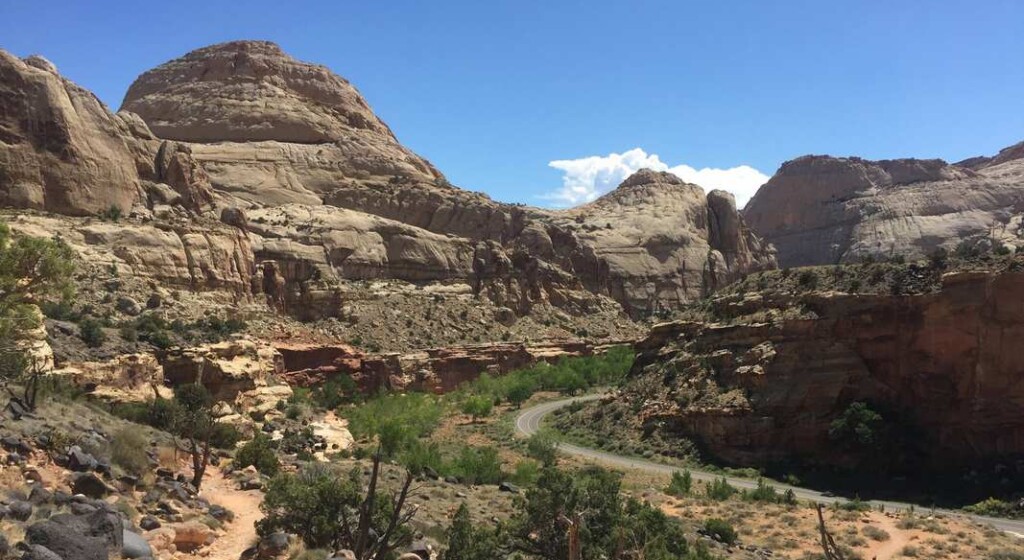
For America’s deserts: Capitol Reef: Utah
Almost entirely forsaken for the world-renowned scenery in Arches, Canyonlands, and Zion in Utah, there will always be space for solitude in Capitol Reef National Park.
Named for a collection of Navajo formation sandstone domes that appeared to early surveyors like the dome of Capitol Hill in D.C., the park also boasts exceptional “canyoning” hikes that allow visitors to improvise and scramble their way through slot canyons.
There are natural arches and natural bridges, as well as a pear and apple orchard that continued to grow even after being abandoned by early settlers over a century ago. This park is also an International Dark Sky Park, and nighttime viewing is exquisite.
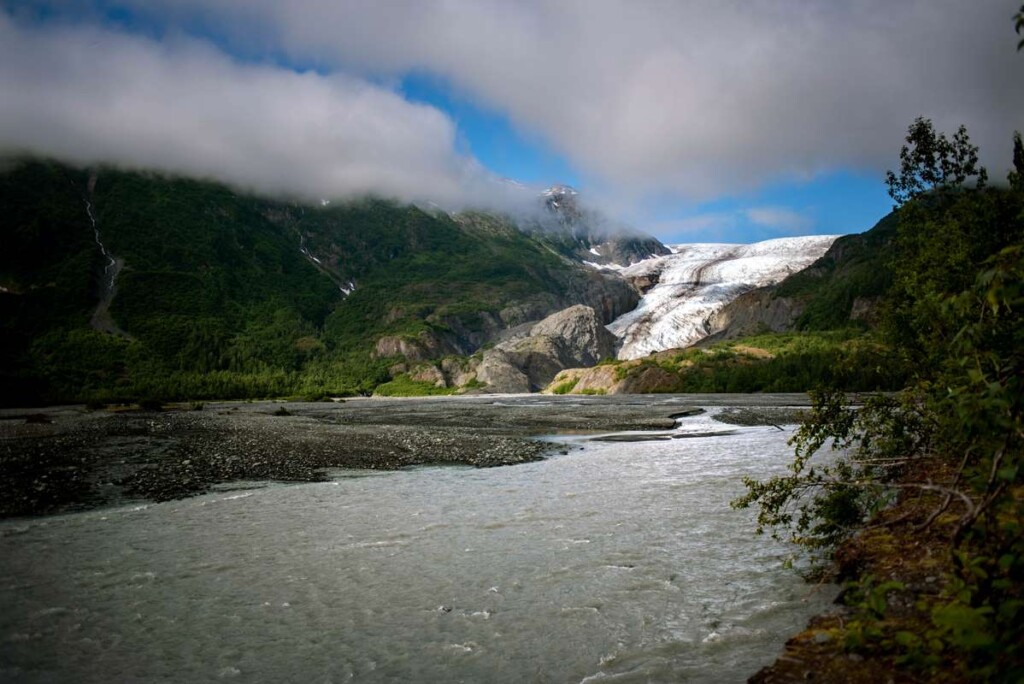
For pretty much anything: All of Alaska’s parks
Out of the 15 least-visited national parks, 8 are found in Alaska. That’s every one in Alaska by the way. These include Gates of the Arctic, into which just 8,000 Americans ventured in 2022, and Katmai, that most famous place where grizzly bears line up along streams to catch salmon.
Beyond that, there’s Denali—North America’s highest mountain, Kenai Fjords, Glacier Bay, Lake Clarke, Kobuk Valley, and Wrangell St. Elias—the nation’s largest national park. There’s really no shortage of things to see, with the oceans containing seals, orcas, and whales aplenty, and the land covered in musk oxen, caribou, moose, deer, elk, black and brown bears, lynx, wolverine, Dol sheep, mountain goats, and dozens of birds.
There are also numerous historical areas honoring and educating about the ways of the indigenous peoples, of which there are many in Alaska. While summer is an excellent place to visit, make sure you read the forecast for lake flies and mosquitos that feed on the caribou herds. That is not the kind of holiday you want to drag your kids into.
SHARE These Summer Holiday Ideas With Your Friends…




















